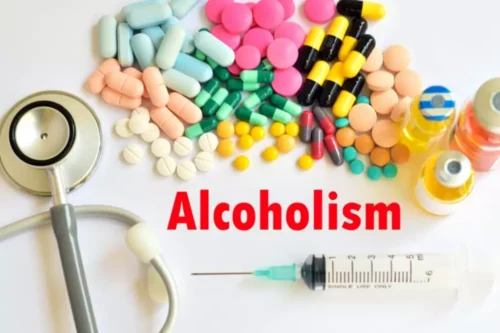
When you drink alcohol your brain releases a burst of serotonin that can make you feel euphoric and confident, only to crash when you stop drinking and your serotonin levels are lowered dramatically. When you drink, do you couple this with eating pretzels, pizza or sweets? We tend to pair up our vices, and not only drink alcohol but also eat highly dense, problematic foods.
- This can help regulate blood pressure and reduce feelings of faintness.
- Cutting out alcohol will help you cope better, and should reduce the likelihood of experiencing a panic attack, but it won’t stop them altogether.
- It also includes binge drinking — a pattern of drinking where a male has five or more drinks within two hours or a female has at least four drinks within two hours.
- Unhealthy alcohol use includes any alcohol use that puts your health or safety at risk or causes other alcohol-related problems.
- If you or someone you love is experiencing alcohol related anxiety, there are ways to cope.
- Someone who frequently binge drinks or has more than eight drinks a week (female) or 15 drinks a week (male) could also be primed for having withdrawal symptoms.
Conditions
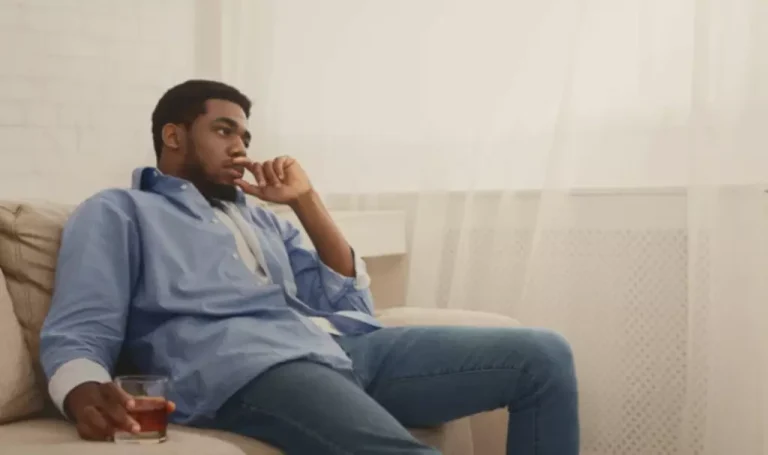
Drinking water between alcoholic beverages helps maintain hydration levels. Electrolyte-rich beverages can also help replenish lost minerals and reduce anxiety symptoms. Chronic alcohol use can lead to tolerance, requiring more alcohol to achieve the same effects. This process alters brain chemistry, potentially leading to dependence. Alcohol withdrawal can cause severe symptoms due to these neurochemical imbalances. Alcohol consumption significantly affects mental health through various psychological and biochemical mechanisms.
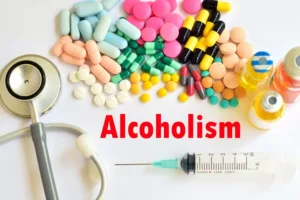
Signs And Symptoms Of Alcohol Withdrawal Anxiety Or Panic Disorder
While it may offer short-term relief, it can lead to long-term problems. Regular drinking can interfere with sleep patterns, disrupt brain chemistry, and worsen anxiety symptoms over time. If you struggle with panic attacks and feelings of anxiety, it is important to understand how alcohol can affect your mental health and potentially make these symptoms worse.
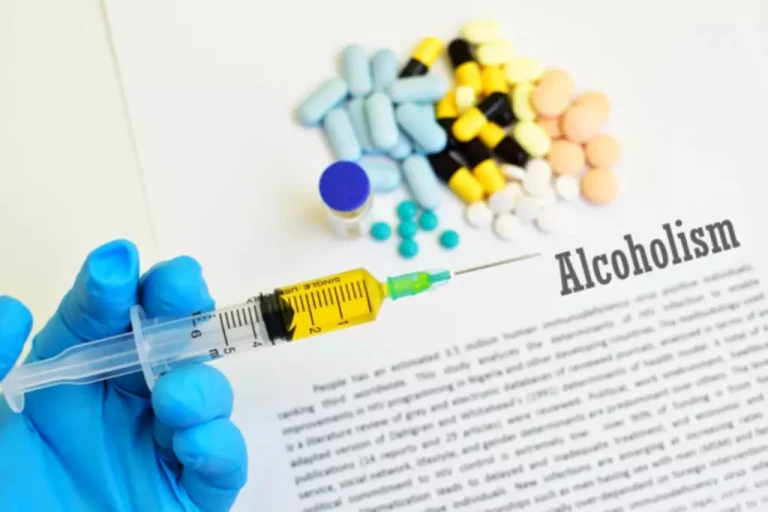
Why Do You Get Anxiety After Drinking?
Alcohol interferes with the body’s ability to absorb and utilize vitamins and minerals, leading to deficiencies that can affect mood regulation. Alcohol-related anxiety often presents with distinct bodily sensations. Rapid heartbeat or palpitations are common, with some individuals experiencing chest pain or tightness.
For https://ecosoberhouse.com/ example, you can add mineral water and a splash of juice to white wine to make a wine spritzer. You might opt for a light beer, which tends to have lower alcohol content than craft brews. Alcohol might temporarily numb anxious thoughts and feelings, providing a sense of escape.
- If you have concerns about your drinking, then it is better to be safe and discuss your worries with someone who understands alcohol use disorders.
- B vitamins, particularly B1 and B6, support nervous system function and may help alleviate alcohol-related anxiety.
- Remember, it’s not just alcohol which can causes symptoms that lead to panic attacks.
- Hangxiety is a mix of “hangover” and “anxiety.” This term describes the embarrassment, regret, and shame you might feel after a night of drinking.
- Individuals experiencing panic attacks may feel a loss of control or fear of death.
If you’ve never had a panic attack before, then it is important to undergo a physical health exam to make sure that this is what is occurring. Your physician may also inquire about your substance use habits, and it is important to be honest. If you find out that your alcohol use is contributing to panic attacks, then finding effective ways to quit drinking can help you find relief. You can alcohol cause panic attacks might avoid alcohol altogether if it worsens anxiety or depression symptoms. Don’t have more than one or two drinks in one night, for women and men, respectively.
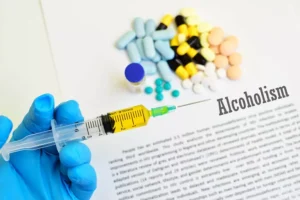
- Over time, alcohol use may lead to increased anxiety if a person with alcohol addiction or dependence attempts to quit abruptly.
- What you’re trying to do is reduce the impact of what happens to your brain when you’re dealing with stress.
- It’s what medical professionals use to assess the risk level of their patients for alcohol dependence.
- Muscle tension, especially in the neck and shoulders, is also prevalent.
- I spent countless hours in urgent care, worried my heart would explode or that I was suffering from a serious respiratory illness.
Suddenly decreasing or stopping your alcohol intake can cause your body to go into withdrawal, potentially leading to a number of dangerous symptoms including hallucinations, dehydration and seizures. At CalmClinic, we believe that information is only as helpful as its accuracy. That is why all of the content that we publish is always reviewed and analyzed by professionals in the psychology and healthcare fields. If you believe you or someone you love has anxiety that gets worse with alcohol use, you or your loved one can take steps to treat their anxiety and cut down or stop drinking. Having a substance use disorder can also increase the chance of having an anxiety disorder.
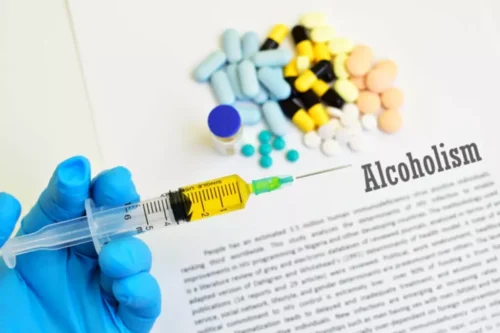
Better ways to treat and manage panic attacks
While occasional or moderate alcohol intake may not necessarily lead to anxiety attacks in everyone, there is a recognized correlation between heavy drinking and heightened anxiety levels. This is because alcohol acts as a depressant on the central nervous system, altering brain chemistry and potentially triggering or intensifying feelings of anxiety. Additionally, the physiological effects of alcohol withdrawal can also contribute to increased anxiety levels. It affects brain chemistry, particularly GABA, a neurotransmitter that normally has a calming effect. While small amounts of alcohol may initially reduce anxiety, heavy drinking can deplete GABA, leading to increased tension and panic. Alcohol acts as a depressant in the body’s central nervous system.
0 Comments